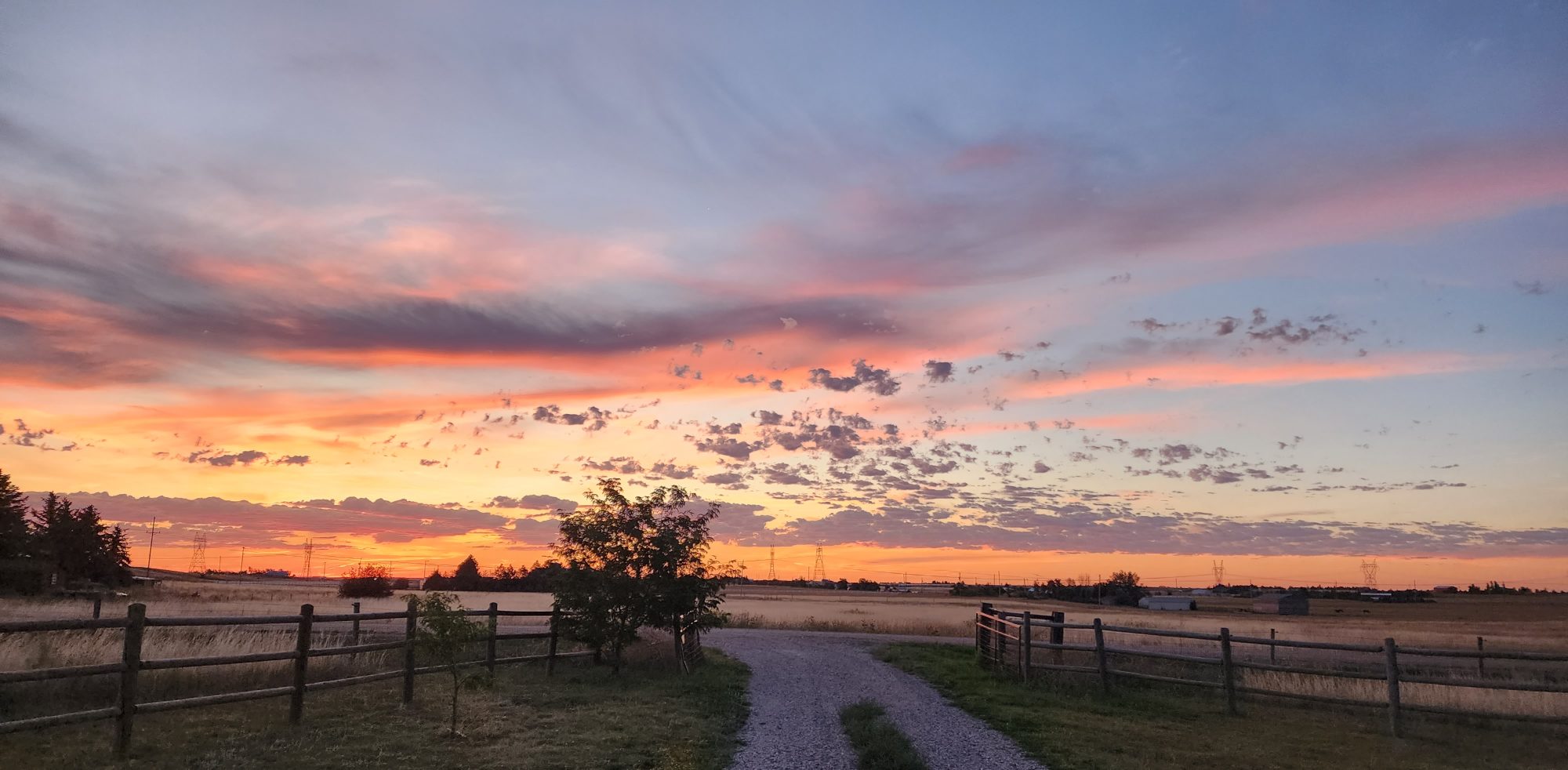Summary of passage: Jacob sends messengers ahead to tell Esau that he is coming. He calls himself Esau’s servant and asks to find favor in his eyes.
The messengers return, telling Jacob that Esau is coming to meet along with 400 men. Jacob is afraid and assumes Esau will attack him so he divides his band into 2 groups in hopes if one is attacked the other group will survive.
Then Jacob prays to God, praising him and beseeching him to save him and his family from the wrath of Esau, quoting God’s promises to him.
Jacob decides to give Esau gifts of hundreds of goats, camels, and donkeys from his flocks. He told the servants to care for these animals, to go ahead of him, and to keep the animals separate. He tells the lead servant to tell Esau that these animals are his and are a gift to him and to say that Jacob is coming behind.
Jacob’s goal was to pacify Esau with the gifts so when he finally meets up with him Esau will not harm him and receive him instead.
Jacob and his family crosses the Jabbok along with his possessions.
Questions:
5a) Verse 3 Jacob calls himself “your servant”. Jacob calls Esau “my lord” in verse 5. Verse 7 “in great fear and distress” Jacob divides his group.
b) In every way. He had to leave so Esau wouldn’t kill him for Jacob’s treachery at stealing the blessing (in Esau’s eyes. We all know the blessing was Jacob’s) in the way he did.
6) Before, he was merely panicked and completely being subservient, humbling himself before Esau. He was fearful and full of unbelief. He split his camps up, afraid Esau would attack and destroy at least one of them. Then Jacob prays and the prayer is amazing!
Then he had a plan. He offered animals to Esau as a peace offering. But he is coming behind the procession. Despite the fact Jacob offers up a prayer to God, he goes right back to relying on himself, not trusting God to protect him. If he did, he would have been at the head of the procession and his gift might not have been so extravagant as he attempts to placate Esau. He goes right back to relying on his own self and never surrendering himself to God.
7) Yes. He gave 580 (assuming every camel “with their young” had a baby) animals. That’s an incredible amount. It’s hard to picture because most farms these days don’t have that many animals. It takes an incredible amount of land to feed that many animals. And that’s just what Jacob gave! Can you imagine how many he had?
Plus, note a lot were female. These are more valuable in farmer’s eyes because they can produce young. You only need a few males to have babies.
8a) 1) He addresses God by his titles and names (verse 9)
2) He quotes God’s orders and promises to Him (verse 9)
3) Jacob says he is unworthy of God’s kindness and faithfulness. He humbles himself before the Lord (verse 10)
4) He lists the facts for God, saying what he had before and what he had now (verse 10)
5) Then Jacob states the reason for his prayer and what he wants God to do, which is save him (verse 11)
6) He lists the reasons why he is asking–because he is afraid of Esau and for the people with him (verse 11)
7) Jacob ends by repeating God’s promise to him (verse 12)
Jacob used God’s word for thanksgiving and in faith.
Note: Jacob is not only praying for himself (although that’s the primary reason) but he also states he is fearful for the women and children in his group. Great example of praying for others as well as yourself.
b) Although God knows our hearts and even what we will say (even if we can’t formulate the words), God likes to hear that we understand Him, that we know Him, that we acknowledge what He has done in our lives, that we know His promises and His character, and that we desire for Him to do His work in our lives. That what we are asking for aligns with His will and not ours. And that we are praying for others and not just ourselves. That we are not just praying “to get things” but to have things done in our life in accordance with His purpose and will. That we have faith in HIM and are surrendering it all to HIM.
Of course, we have to follow through. Our actions will prove our words once the ‘Amens’ are over.
Conclusions: Did anyone else think Jabbok sounded like a name out of Star Wars?
I was hoping BSF would ask about the prayer model because when I read the passage, I thought to myself “Isn’t this a great example of prayer?” It’s amazing how your thoughts change when you ponder God’s words often.
We see Jacob changing as well, praying before acting (well, almost!). But we didn’t see the follow through that is so important to God. It’s almost as if such a beautiful prayer is wasted. God finally had to wrestle with Jacob to make him GET IT! I hope I learn a bit quicker!
Great lesson and passage to sink your teeth into!
Map Work: Seir is another name for Edom: http://en.wikipedia.org/wiki/File:Kingdoms_around_Israel_830_map.svg
